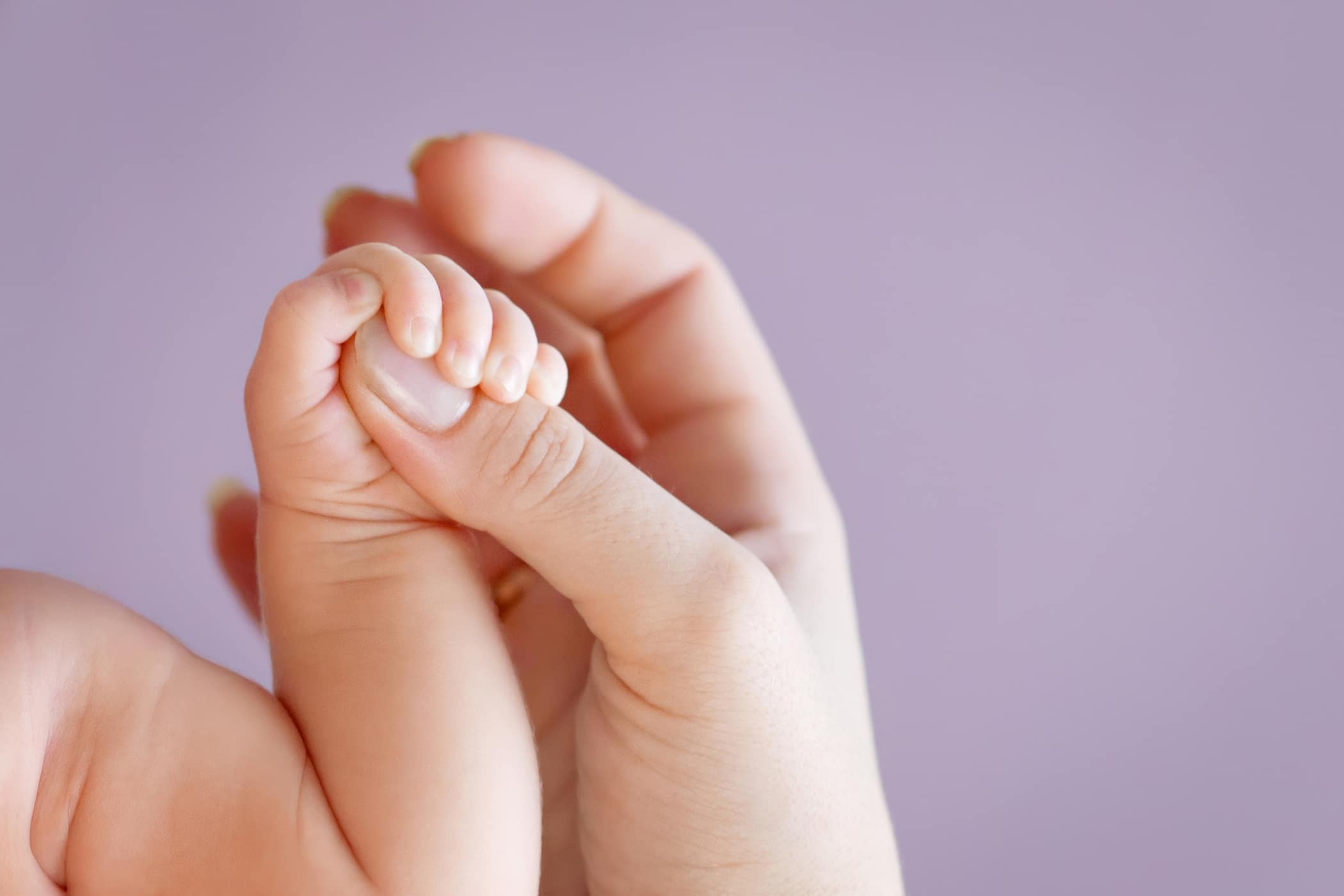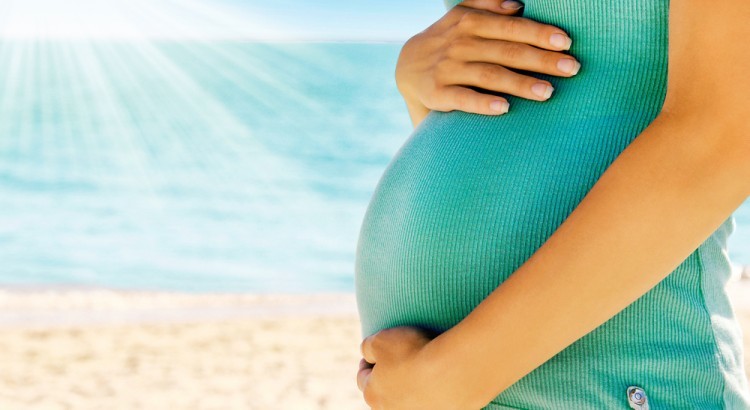Contents:
- Medical Video: Vitamin D Deficiency in Women
- What is Vitamin D?
- Why is consuming Vitamin D so important?
- When should you take Vitamin D
- Food sources that contain Vitamin D
Medical Video: Vitamin D Deficiency in Women
Research shows that pregnant women who consume enough vitamin D in sufficient doses, their children will have a high IQ.
What is Vitamin D?
Vitamin D is important for bone health and strength. This is also an important factor in ensuring your muscles, heart, lungs, and brain work well and your body can fight infection.
Unlike other vitamins, your body will produce its own vitamin D when you expose your skin to sunlight. However, you still need to get other vitamins from the food you eat. For example, you need to get vitamin C from fruits and vegetables.
Why is consuming Vitamin D so important?
Vitamin D helps regulate the levels of calcium and phosphate in your body to maintain healthy bones and teeth.
Vitamin D deficiency when you are pregnant or breastfeeding can prevent your baby from getting enough calcium and phosphate. This causes weak development of teeth and bones, and in a few cases can also cause rickets in your baby.
Vitamin D can help you fight infection. This vitamin can also help prevent diabetes and some types of cancer.
There may be a connection between low vitamin D levels during pregnancy and an increased risk of the birth of a low-weight baby. Scientists have long known that vitamin D has the biggest impact on bone health. Keeping strong and healthy bones is very important for the growth of babies and children, but the foundation is established in the womb.
The problem of calcium, bone, or vitamin D in the development of a baby does not occur until several months after birth (often occurs during the second year). After birth, the baby will depend on calcitriol to absorb calcium from the intestine, and if the baby suffers from vitamin D deficiency, low calcium intake in the bones will cause the appearance of ricket disease (soft bone).
When should you take Vitamin D
Even before becoming pregnant you must have plenty of vitamin D. If you have enough vitamin D before pregnancy and then you become pregnant, continue to consume enough vitamin D for your needs and the fetus.
It is recommended to take supplements containing 10 micrograms (mcg) of vitamin D every day during pregnancy and when you are breastfeeding.
Most pregnancy multivitamins contain vitamin D. Or you can take a single vitamin D supplement. You need to take vitamin D during pregnancy to give your baby enough vitamin D during the first few months of his life. You should consume 10 micrograms of vitamin D every day when you are pregnant and if you are breastfeeding
Make sure you only take multivitamins made specifically for pregnancy, and check the label to see how much vitamin D is contained in it. Ask your pharmacist, midwife, or doctor if you are not sure which is suitable.
If you don't take vitamin D supplements during pregnancy and breastfeeding, your baby may not have as much vitamin D as he needs in the first few months of his life. If this happens, your doctor or midwife can recommend a daily dose of vitamin D for your baby from the age of one month.
Food sources that contain Vitamin D
You get most of vitamin D from the sun on your skin. This is because vitamin D is formed under the skin as a reaction to sunlight. Vitamin D is also found in small amounts of food, including:
- fish oil
- egg
- vitamin D-fortified foods, such as breakfast cereals and milk powder












